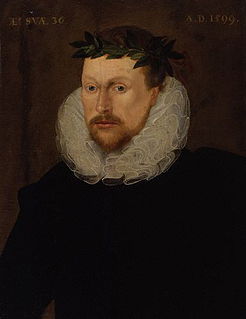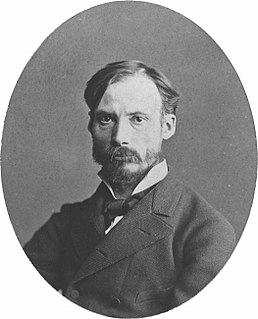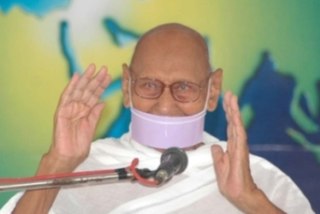A Quote by Ralph Waldo Emerson
Who leaves the pine-tree, leaves his friend, Unnerves his strength, invites his end.
Related Quotes
Here when the labouring fish does at the foot arrive, And finds that by his strength but vainly he doth strive; His tail takes in his teeth, and bending like a bow, That's to the compass drawn, aloft himself doth throw: Then springing at his height, as doth a little wand, That, bended end to end, and flerted from the hand, Far off itself doth cast. so does the salmon vaut. And if at first he fail, his second sommersault He instantly assays and from his nimble ring, Still yarking never leaves, Until himself he fling Above the streamful top of the surrounded heap.
He is not famous. It may be that he never will be. It may be that when his life at last comes to an end he will leave no more trace of his sojourn on earth than a stone thrown into a river leaves on the surface of the water. But it may be that the way of life that he has chosen for himself and the peculiar strength and sweetness of his character may have an ever-growing influence over his fellow men so that, long after his death perhaps, it may be realized that there lived in this age a very remarkable creature.
The poet needs a ground in popular tradition on which he may work, and which, again, may restrain his art within the due temperance. It holds him to the people, supplies a foundation for his edifice; and, in furnishing so much work done to his hand, leaves him at leisure, and in full strength for the audacities of his imagination.
Leaves are usually looked upon as the children of the tree. Yes, they are children of the tree, born from the tree, but they are also mothers of the tree. The leaves combine raw sap, water, and minerals, with sunshine and gas, and convert it into a variegated sap that can nourish the tree. In this way, the leaves become the mother of the tree. We are all children of society, but we are also mothers. We have to nourish society. If we are uprooted from society, we can not trasform it into a more liveable place for us and our children.









































